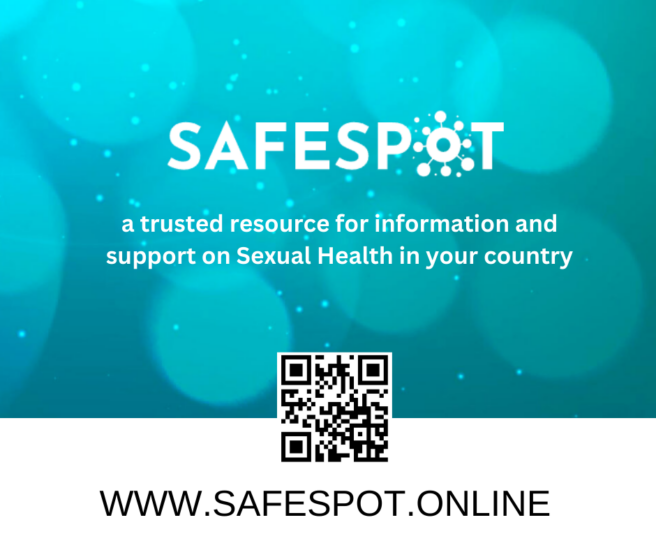Author: Oksana Maklakova, Russia
On December 1, 2018, Yekaterinburg became the first city in Russia, which signed the Paris Declaration and committed itself to achieve the UNAIDS 90-90-90 targets by 2020. It means that 90% of all people living with HIV will know their HIV status, 90% of all people with diagnosed HIV infection will receive antiretroviral therapy, and 90% of all people receiving antiretroviral therapy will have viral suppression.
The decision of Yekaterinburg came as a surprise for many health professionals in Russia. “Hoping to achieve the declared targets with such numbers is naive”, experts say. Let’s look at the statistics. As of the beginning of 2019, 64,759 people living with HIV were registered in Sverdlovsk region (administrative centre – Yekaterinburg), with HIV prevalence exceeding 1.5%, whereas in the country in general HIV prevalence is 0.6%. Besides, last year the mortality rate in the region grew by 10% – about 1,500 people died. As reported by the regional AIDS centre, 93% of those who died failed to seek health services or take ART for over two years. Currently, over 30,000 people who live in the region receive ART, which is almost 60% of the total number of registered HIV patients (in Sverdlovsk oblast this rate is higher than in the country as a whole).
However, many people believe in the success of Yekaterinburg. Thus, Irina Maslova, leader of Silver Rose, the movement for the rights of sex workers, says that it is quite a consistent decision of a city, which was brave enough to be the first to voice the word “epidemic”. Yekaterinburg and Sverdlovsk region are in top-3 regions in terms of HIV prevalence, together with Kemerovo and Irkutsk regions.
“We view Yekaterinburg as a world city. A city, which is ready to openly discuss its problems and address them together with other world cities”, commented on his decision Aleksandr Vysokinskiy, the mayor of Yekaterinburg. “The outburst that had occurred is connected with the fact that we started to do comprehensive medical check-ups and reached the maximum level of health examinations, we started diagnosing the infections and providing people with treatment.”
The mayor’s intention has been supported by the local government, assuming that the success of Yekaterinburg may be further replicated by other cities of the region.
“Yekaterinburg became the first city in our country to sign the Paris Declaration. It proves that we have an important prerequisite for achieving the success – political will of the local authorities”, says Irina Maslova.
However, only political will is not enough to achieve the long-cherished goal of 90-90-90. Another important component which is always lacking is funding. “Currently, the deficit of funding for HIV response is observed all over the world”, says Vadim Pokrovskiy, Head of the Russian Federal AIDS Centre. “To achieve the declared targets at the country level, we need funding of 100 billion roubles per year for NGOs, doctors, and scientists. So far, we do not have such money”.
This year, public officials defined that the primary goals for the local health professionals are expanding the ART coverage to 75% and to improving the adherence to treatment. The objectives that the city plans to implement within the Paris Declaration include quality pre- and post-test counselling, reducing administrative barriers and enhancing social services. Besides, there is a need to increase the coverage with testing. Every year, over 25% of residents are tested for HIV in the streets, at rapid testing sites, in educational institutions, and at work.
To accelerate the achievement of the targets set in the Paris Declaration, a special task force has been established in the city to develop a work plan and to coordinate the activities of all stakeholders and relevant departments.
“Signing the Declaration is a big responsibility”, comments Michel Kazatchkine, the special advisor to Joint United Nations Programme on HIV/AIDS for EECA. “It proves the readiness to follow the way of strengthening the tools to achieve the set goals. Every mayor and every city may have their tools to serve this purpose”.





